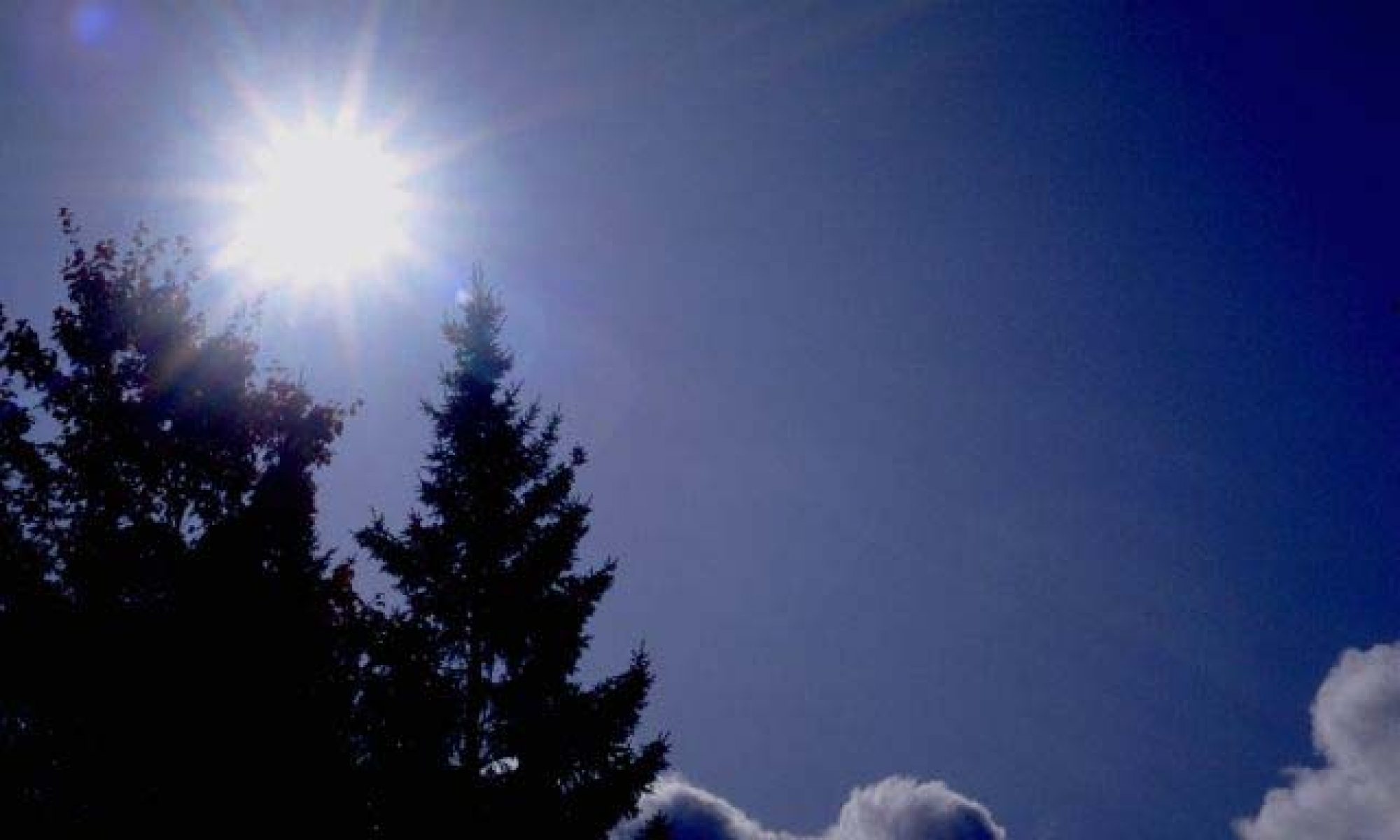Accused of Breaking the Sabbath (verses 1 – 11)
As the disciples went through the corn fields, they ate ears of corn after rubbing the chaff away with their hands. Because it was the Sabbath day, the Pharisees accused them of breaking the law. The Lord brings before them the example of David being given the showbread from the holy place to eat when he was hungry. This was normally reserved only for the priests, but necessity permitted it to be given to David and those with him (1 Samuel 21). In fact, the law of Moses, while prohibiting work on the Sabbath, did allow for the preparation of food to make a meal (Exodus 12.16). The Lord takes the opportunity to assert His right that He, the Son of man, was Lord over the Sabbath as well.
Again, on another Sabbath day, the scribes and Pharisees watched the Lord when he entered a synagogue. They wanted to see if He would heal a man with a withered hand. The Lord knew they only wanted to find fault, so He asked the man to stand forward in the midst of everyone gathered. He then asked them whether it was lawful to do good or evil, or to save life or destroy it, on the Sabbath day. Looking round upon them all, He then told the man to stretch out his hand, and, when he did this, his hand was made whole like his other hand. They were furious at this, and began to discuss what they were going to do with Jesus.
Praying and calling His disciples (verses 12-16)
Again, Luke emphasises the dependence of the Lord in prayer. This time, He prays on the mountain side, and spends the whole night in communion with His God. If the Lord so prayed, how much more do we need to spend long periods in prayer before God?
When the day broke, He called His disciples, and out of them He chose twelve apostles, whom Luke names, including Judas, who would become the traitor among them.
When He came down to a level place, great multitudes of people came to hear Him and to be healed of their diseases. Many were also possessed with demons and were healed. All the people tried to touch Him, because power went out from Him to heal them. The Lord can send out power to meet our need, but, no matter how great the need, His power is never diminished.
The Sermon on the Mount (verses 20 – 26)
From Matthew 5 we know that the Lord went back up onto the mountain to give this teaching, and it was given specifically to His disciples.
Here, Luke selects four blessings and four woes pronounced by the Lord. The contrast is between the present and the future, what happens now compared to eternity.
Those who are poor now are blessed, because they inherit the Kingdom of God. They who are hungry now will be filled, and those who weep presently will laugh and find joy in the day to come. Finally, those who are hated, rejected, persecuted and cast out by men are encouraged to take it with joy. They can rejoice, for they will have a great reward in heaven. It is also noted that the Old Testament prophets suffered the same kind of treatment from the Jews of their day.
In contrast, He says “woe to the rich,” for their consolation is only for the present. The full may come to hunger as circumstances in the world change, and those who laugh now will surely come to times of sorrow and tears. Woe to those, He says as well, who have popularity among men who speak well of them, for this may be an indication that the words are false, because they tell the people only what they want to hear.
